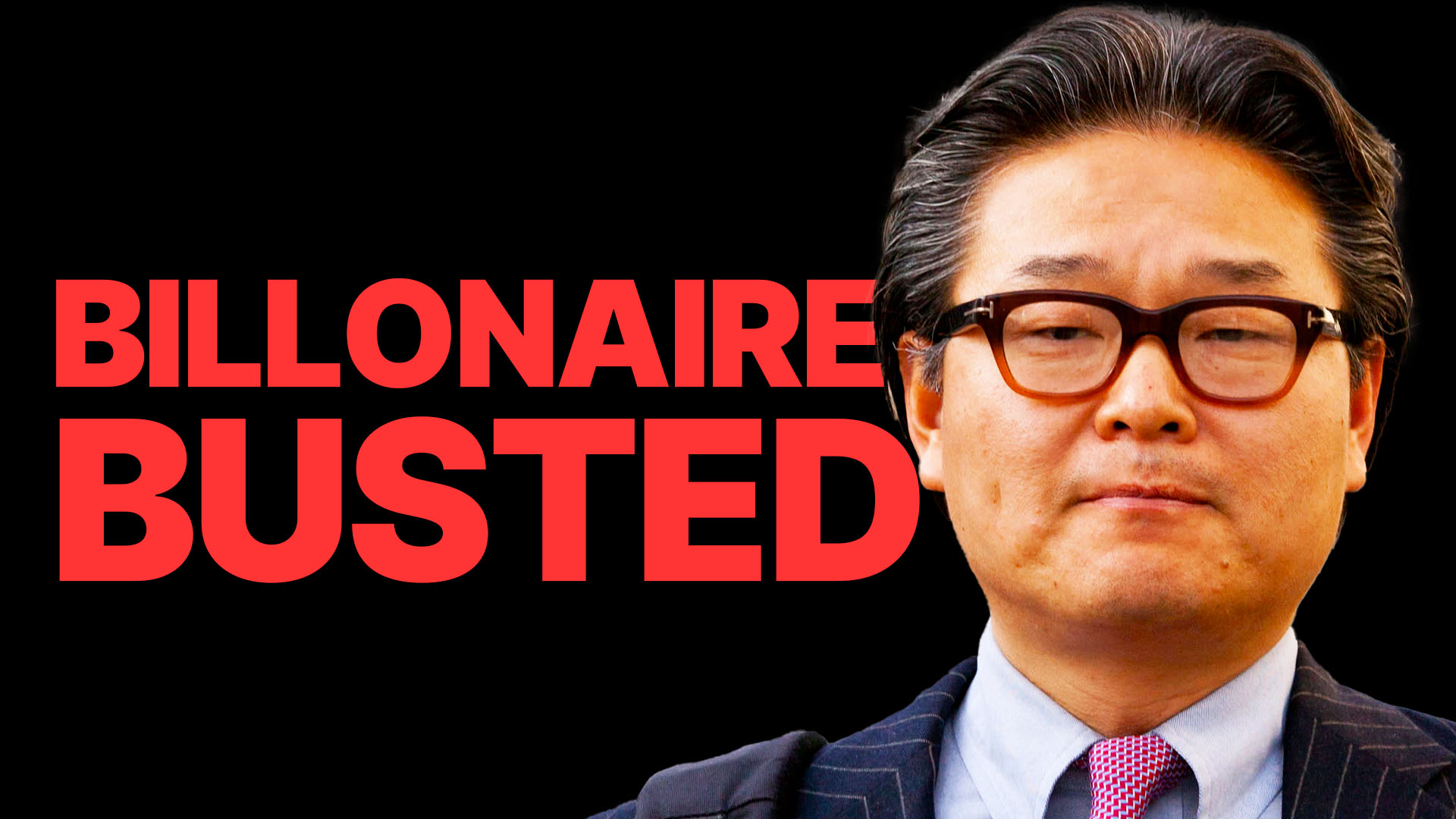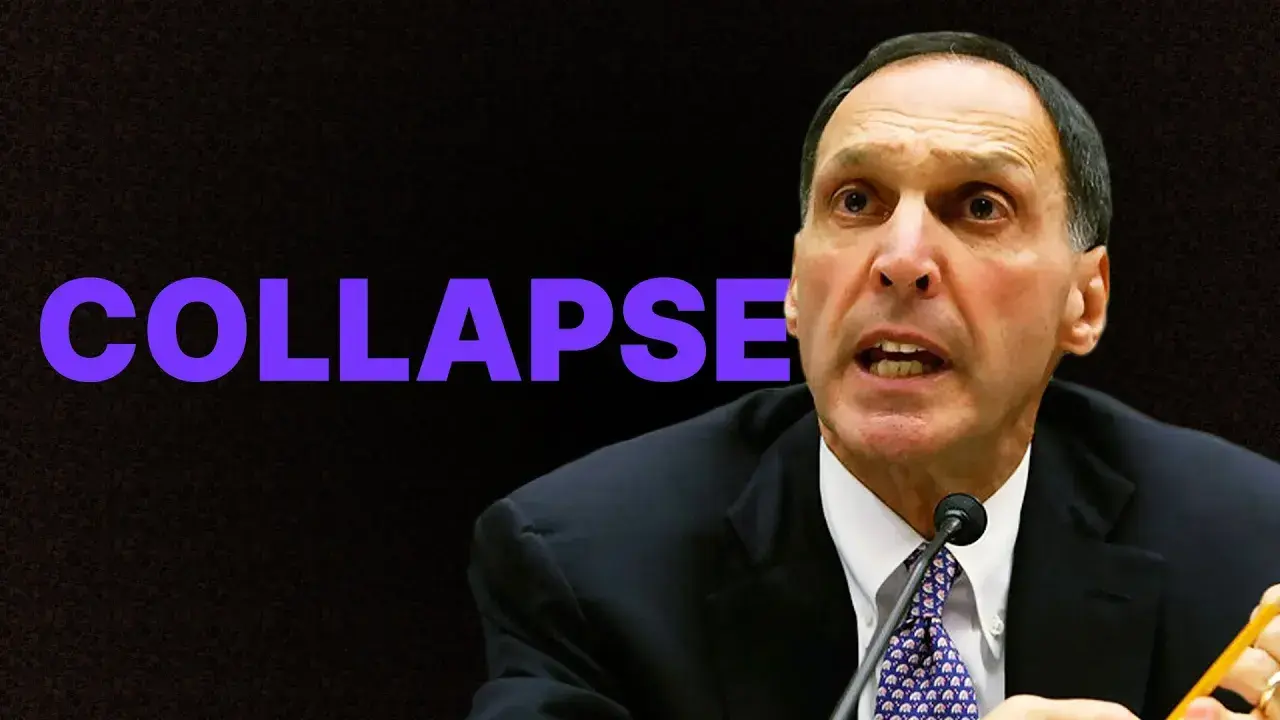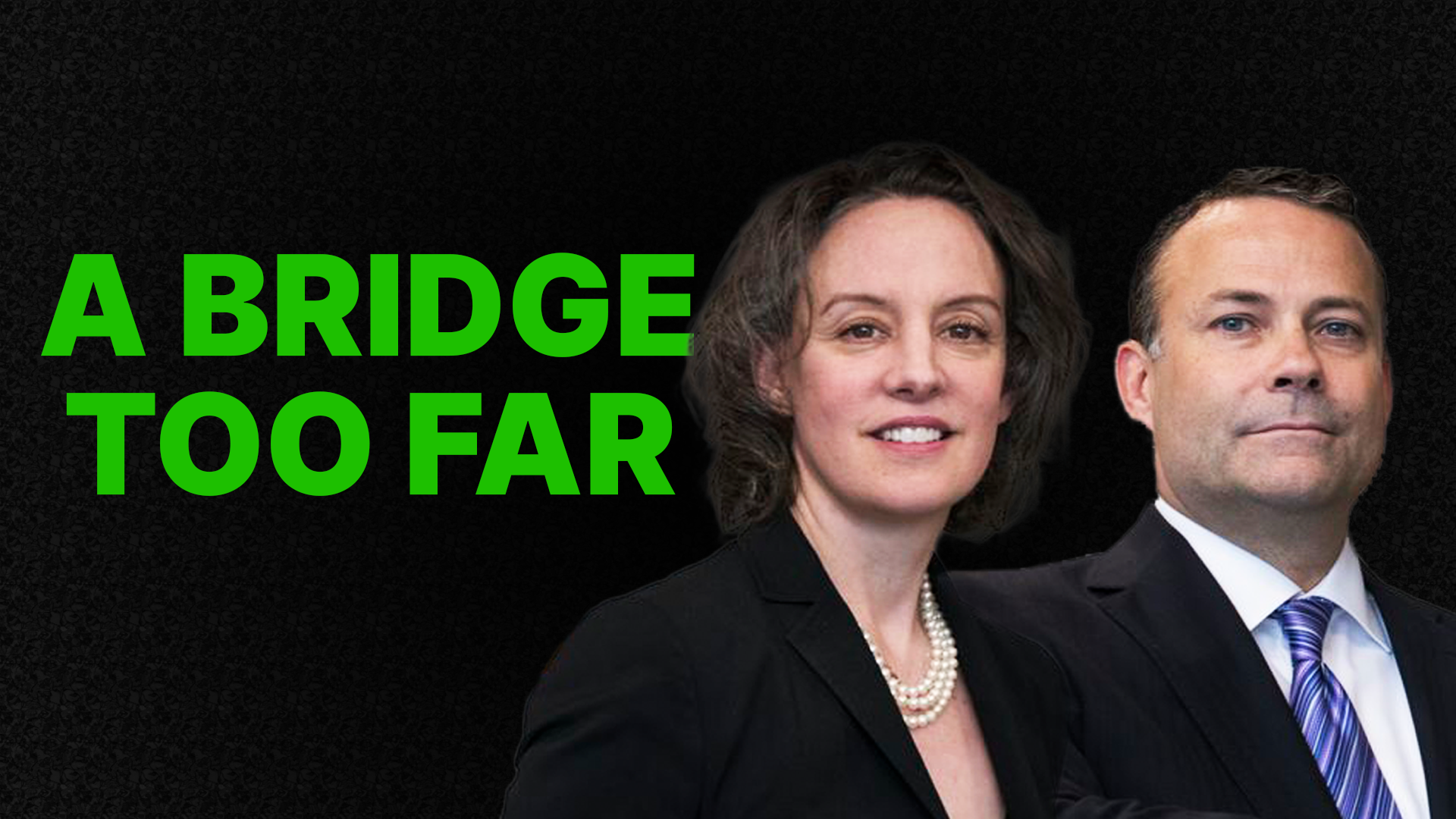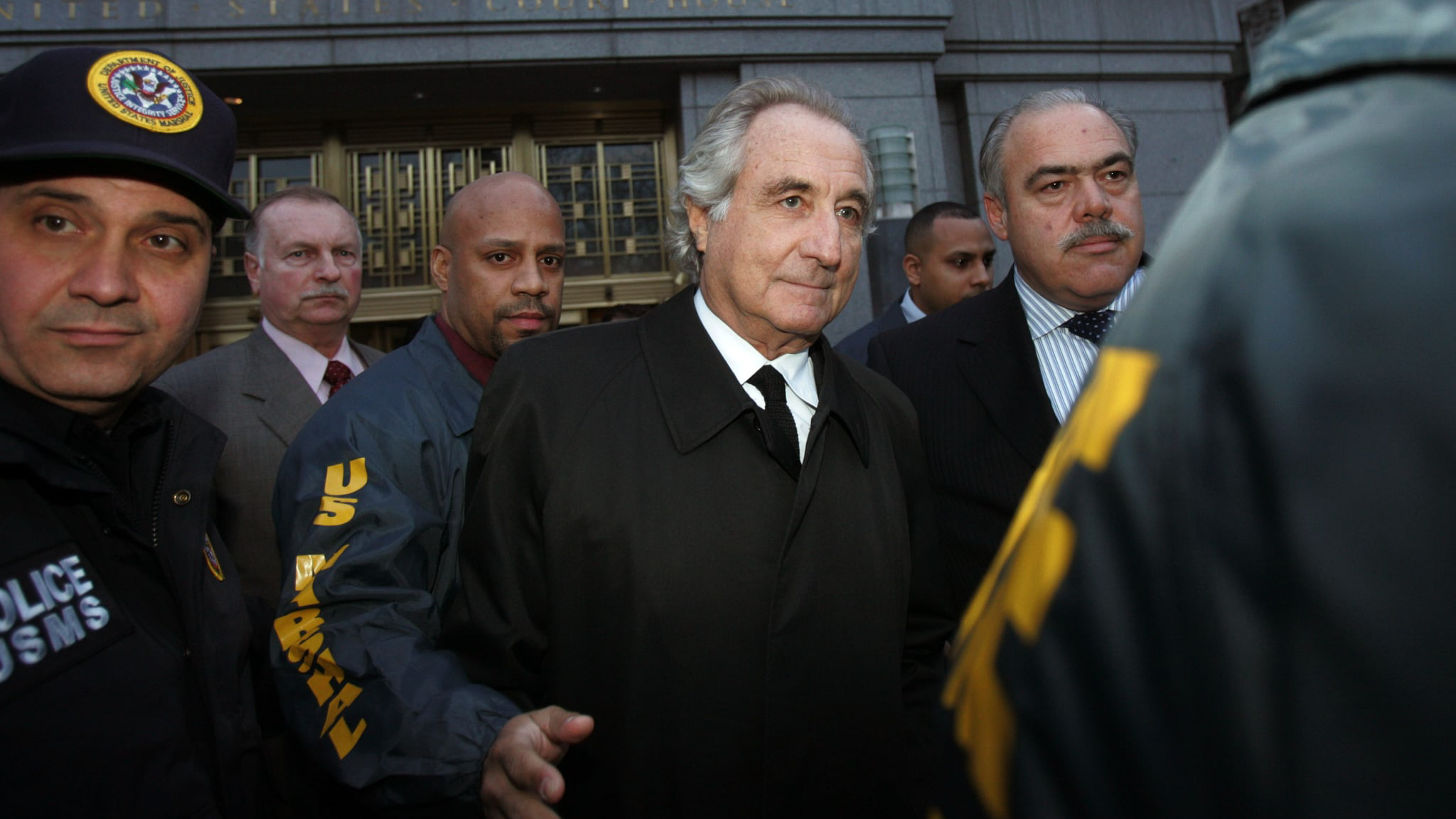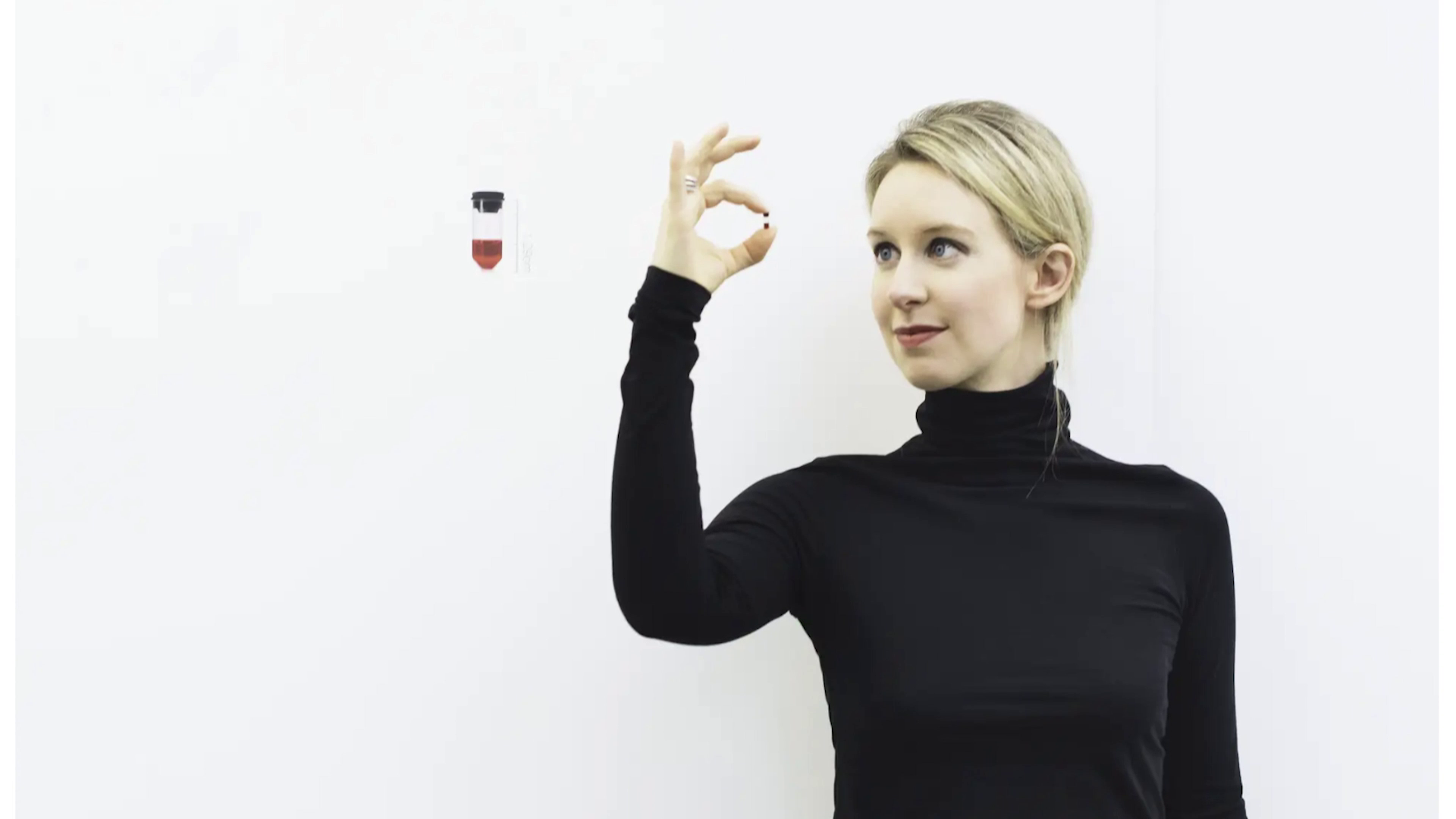Few people had heard of Archegos Capital Management before it got wiped out in early 2021. Despite headlines about Archegos being a hedge fund, it was a family office that largely managed Bill Hwang’s own money.
Hwang is a Korean-born portfolio manager and a protege of hedge fund veteran Julian Robertson. After being accused of insider trading and stock manipulation in 2012 while at Tiger Asia Management, the SEC banned Bill Hwang from the hedge fund business. He was also prohibited from trading in Hong Kong. Hwang never admitted to any wrongdoing, settled the case, and closed his hedge fund. He opened Archegos not long after in 2013. Bill Hwang grew his new firm’s assets at a blistering pace. 2014 records show his net worth around $1 billion. At its peak, Archegos was running a portfolio estimated at between 10 and 20 billion, a staggering increase in just seven years. Many industry insiders believe the only way anyone could produce those types of numbers so quickly is by using lots of leverage and being right most of the time. That’s no easy feat. What made it even more impressive is that he was doing so well right when hedge funds were struggling and lagging passive investments. Total return swamps were his derivative instrument of choice. These enabled Archegos to put down relatively little money to build outsized synthetic long stock positions. The carnage stemmed from his excessive use of leverage. Bill Hwang persuaded investment banks to extend billions of dollars in credit to the family office to amplify his bets on a handful of stocks. Since they didn’t own most of those positions outright, the firm avoided regulatory disclosure requirements. None of the prime brokers knew how exposed they were to Archegos until it was too late.
On March 26th, 2021, banks began liquidating billions of dollars worth of stock positions after Archegos missed multiple margin calls. The most heavily impacted by far was the now defunct Credit Suisse, which lost 5.5 billion and saw years of investment banking profits erased in one fell swoop. In fact, their $20 billion of exposure to Archegos was four times that of its next largest client. Several people lost their jobs, had bonuses clawed back, or had them revoked entirely when Credit Suisse simply had to do something after losing far more than their Wall Street counterparts on the Archegos scandal. One of Bill Hwang’s top picks proved the catalyst for his downfall, Viacom CBS. He had considerable exposure to the stock which had been making new highs until they announced a secondary offering. This triggered a huge sell-off by investors, and sharp decline in share price and multiple margin calls. Other positions began to unravel and total return swamps tied to Discovery Inc. triggered another big drop. “The Wall Street Journal” reported that Hwang lost $8 billion in 10 days, while “Bloomberg News” reported $20 billion was lost in two days, but no one besides Bill Hwang really knows how much was lost. The Archegos fallout sparked calls for greater scrutiny of the use of swamps and more oversight of family offices.
Family offices have grown tremendously in number and size in recent years, but since they don’t market to outside investors, they’re far less regulated. Bill Hwang was one of the richest people in the world, and virtually nobody knew who he was until those huge gains were simply gone. Archegos and Bill Hwang will occupy a place in market history as one of the fastest and largest losses the financial markets have ever seen. Federal prosecutors and securities regulators unearthed the stock manipulation scheme that is staggering in size and brazen in its execution. Prosecutors alleged Hwang misled banks to borrow money and place enormous bets on a few of his favourite stocks through sophisticated strategies which went unnoticed due to lesser regulation of family offices.
Bill Hwang was arrested on charges of racketeering conspiracy, securities fraud, and wire fraud after two former Archegos employees pled guilty and cooperated with the investigation, which may not bode well for Mr. Hwang. His bid to have fraud charges against him dismissed was denied, and his trial has been pushed out to February 20, 2024. Hwang continued to maintain his innocence and entered a plea of not guilty.
The trial commenced on May 13, 2024, in New York, where prosecutors accused Hwang of market manipulation and defrauding banks, leading to the collapse of Archegos. On July 10, 2024, a jury found Hwang guilty on 10 out of 11 counts, including securities fraud, wire fraud, conspiracy, racketeering, and market manipulation. His sentencing was scheduled for October 28, 2024, but was postponed to November 20, 2024, when he was officially sentenced to 18 years in prison.

